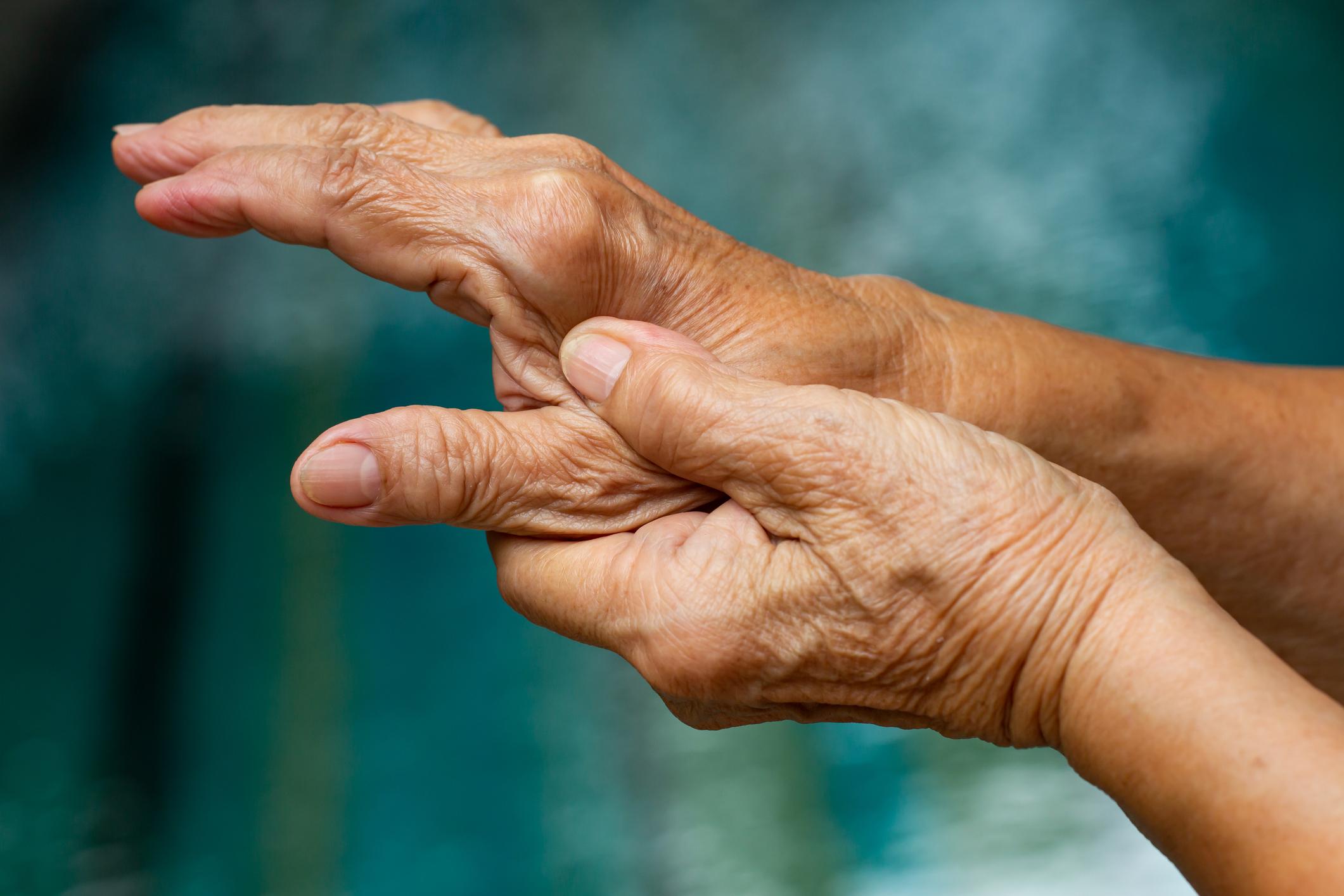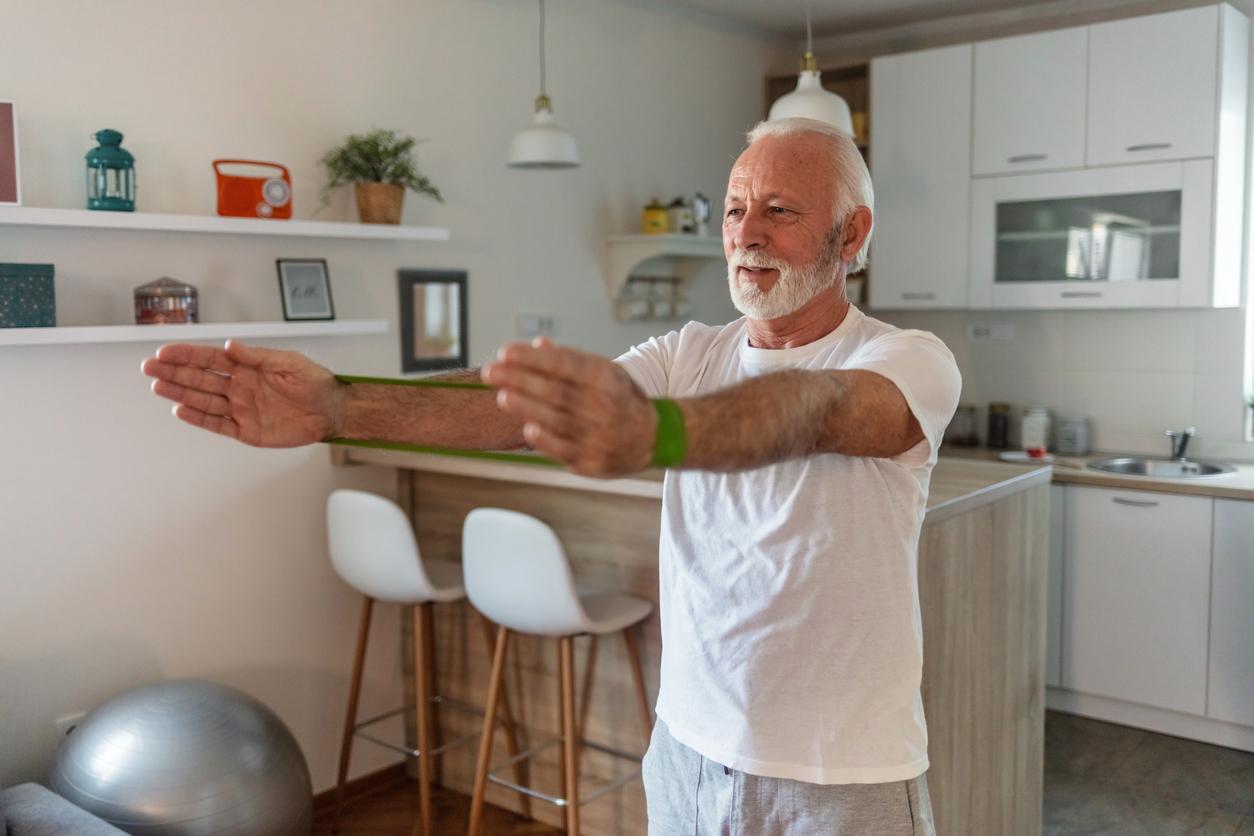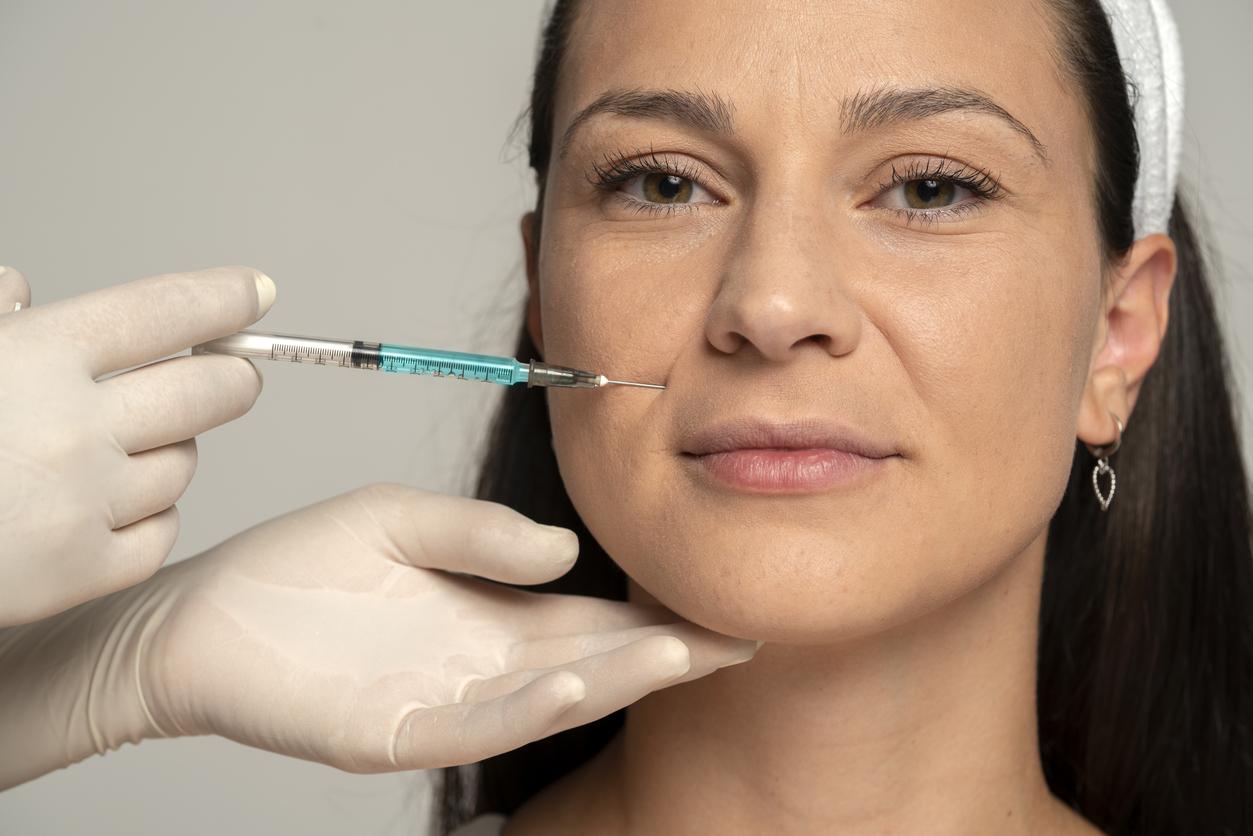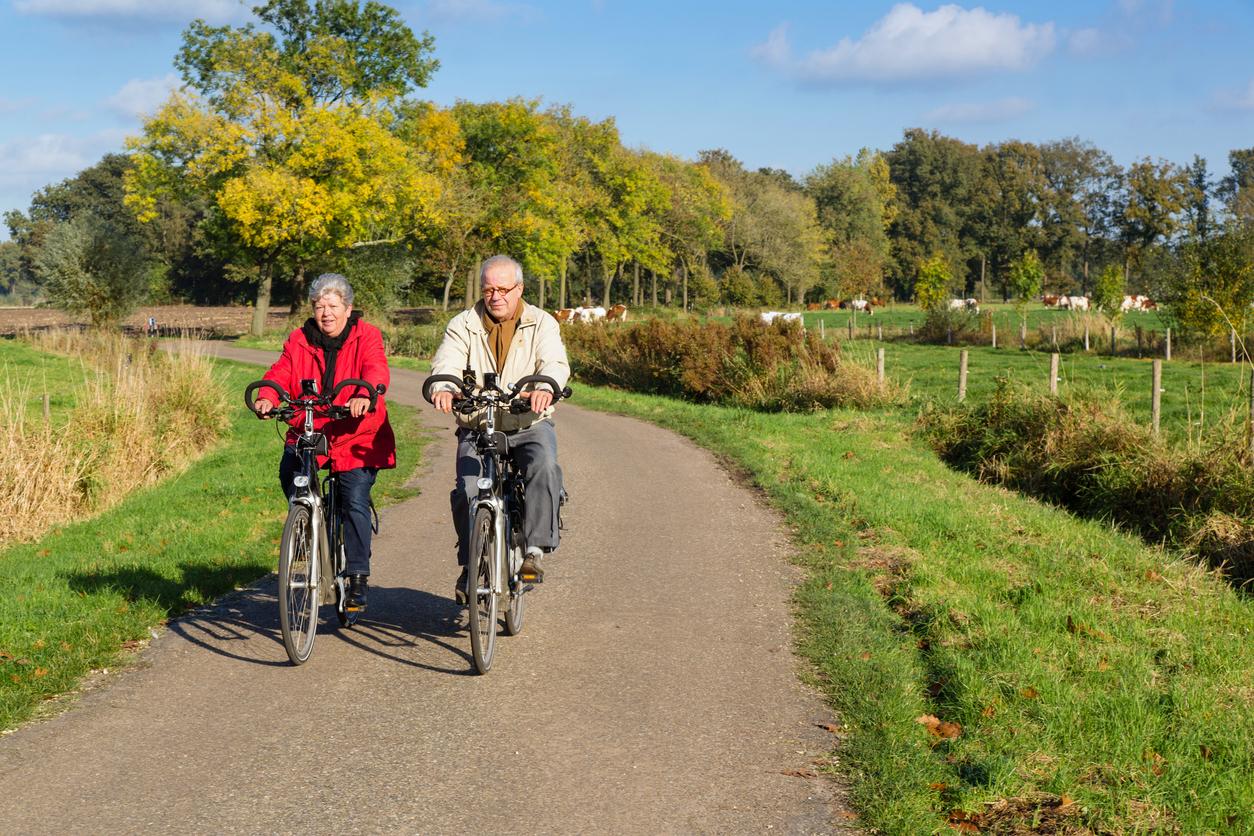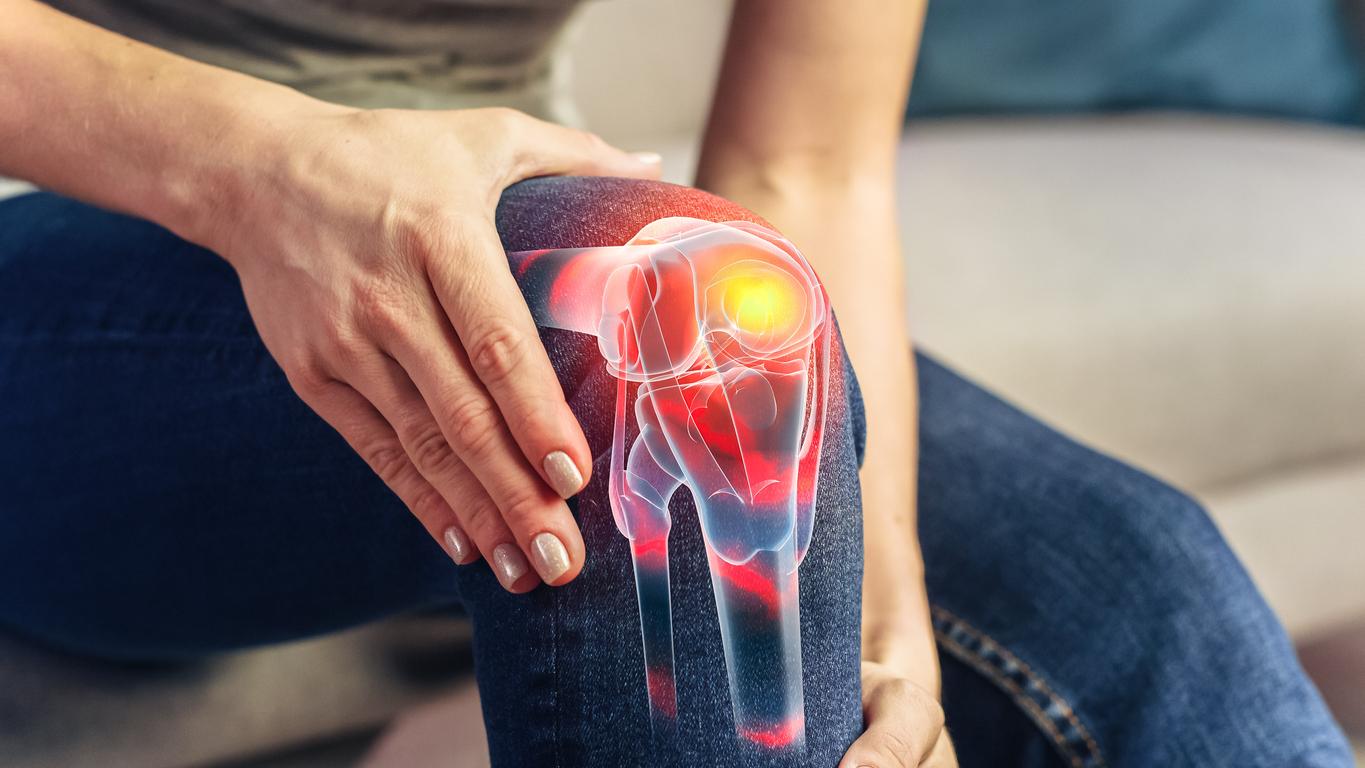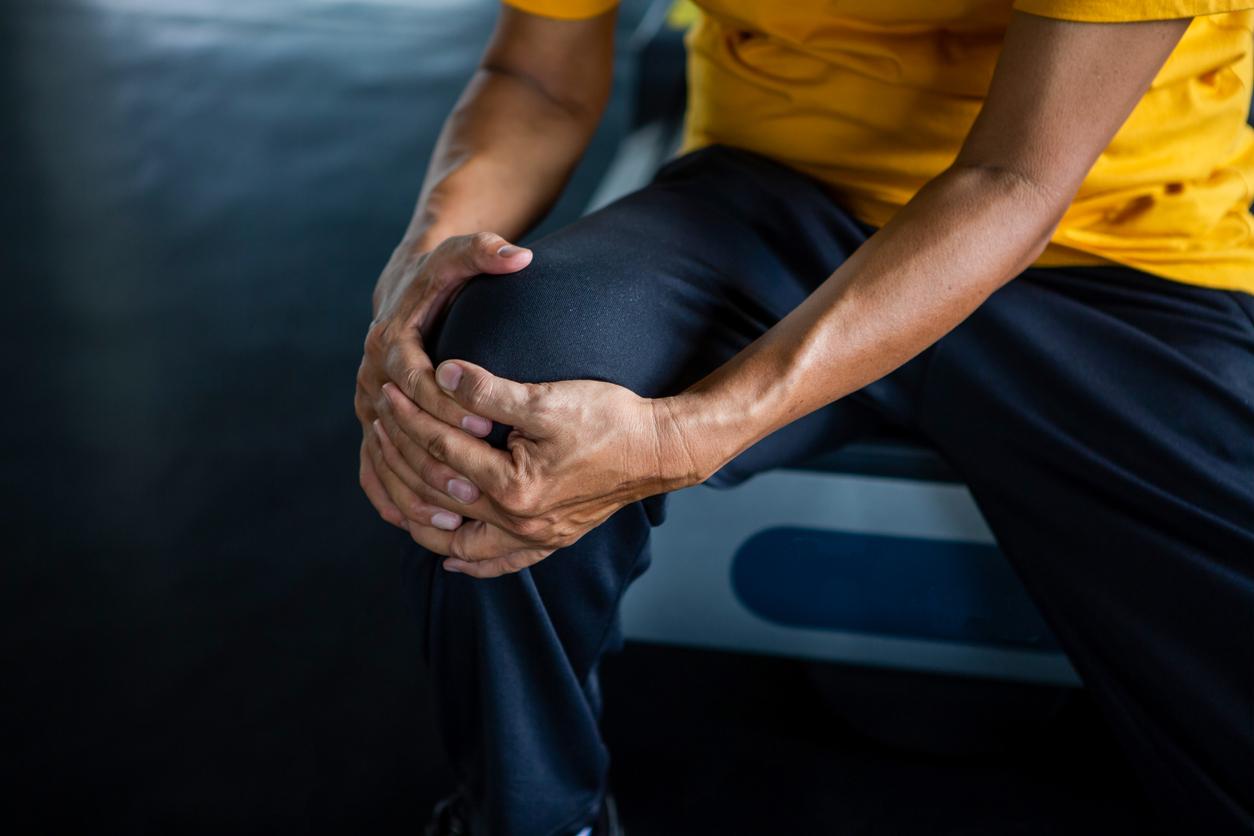Another treatment for osteoarthritis is not reimbursed. Hyaluronic acid-based visco-supplementation should be removed from the list of supported products.

The delisting of osteoarthritis treatments is accelerating. After several years of status quo around the treatment by injection of hyaluronic acid, the health authorities have decided. In July 2016, the Directorate General of Health (DGS) and the Directorate of Social Security (DSS) sent a “letter of intention to derecognize” visco-supplements to the laboratories that market them. Informed of this movement, the main patient association, AFLAR (1) bangs its fist on the table. Because this is not the first time that a treatment for osteoarthritis has been delisted, despite the protests of patients and some of the rheumatologists.
Fewer and fewer solutions
AFLAR has been campaigning for four years to maintain reimbursement for visco-supplementation in osteoarthritis of the knee. This is’injections into the joint of hyaluronic acid to lubricate it and thus improve mobility and pain.
The Haute Autorité de Santé (HAS), which reassessed all medical devices, ruled in 2015: “insufficient expected service”. The consequence was slow to follow, but it hits a hard blow for the patients. The laboratories had only 30 days to respond to the letter of intent from the DGS.
If the procedure continues, all treatments with hyaluronic acid will be the responsibility of the patients. Or almost. “The Hyalgan risks going from 75% to 15% reimbursement. It is considered a drug, while the others are medical devices ”, indicates Dr. Laurent Grange, president of AFLAR contacted by Why actor.
For this association of patients, it is the last straw that broke the camel’s back. Because with the de-reimbursement of visco-supplements, it is the medical gesture that accompanies it that will also have to be paid. Too expensive for many homes. “In Grenoble, where I work, some patients who earn 800 euros per month manage to do their shopping thanks to this treatment”, underlines Laurent Grange. With the de-reimbursement of slow-acting arthritis drugs (AASAL), the budget is starting to increase.
A costly delisting
AFLAR does not deny the modest efficacy of visco-supplementation. This approach is also indicated in osteoarthritis of the knee after failure of analgesics and anti-inflammatory drugs. Rather, Dr Grange criticizes the HAS, and the health authorities, for a short-term vision. Because hyaluronic acid is no less effective than paracetamol. The effect of treatments, often combined, varies from patient to patient.
“Our problem is the management of osteoarthritis with a reasonable charge, while waiting for a more effective molecule,” he retorts. It is proposed to assess the medico-economic impact, but the Ministry of Health says that is impossible in France. “
De-reimbursement could prove costly, however, according to estimates cited by AFLAR. The patient association is based on a Spanish study, and estimates that in France, visco-supplementation would prevent 190,000 implantation of prostheses per year. Not to mention the transfers to other reimbursed molecules, such as paracetamol. Half of osteoarthritis patients expect to do so. “A priori, the additional cost should be greater than the 20 million euros in savings advanced”, figures the president of AFLAR.
But above all, the delisting perpetuates what Laurent Grange qualifies as “support made in France “. Namely a clever mix of drug and non-drug approaches. Appeals are therefore planned, pending an official calendar. The association asked to meet the specialized commissions of the HAS, in order to review their assessment. “A meta-analysis was published after the opinion of the HAS. We ask that it be taken into account, ”explains Laurent Grange. A petition has also been put online. It has gathered more than 500,000 signatories.

(1) AFLAR: Anti-rheumatic association
.









